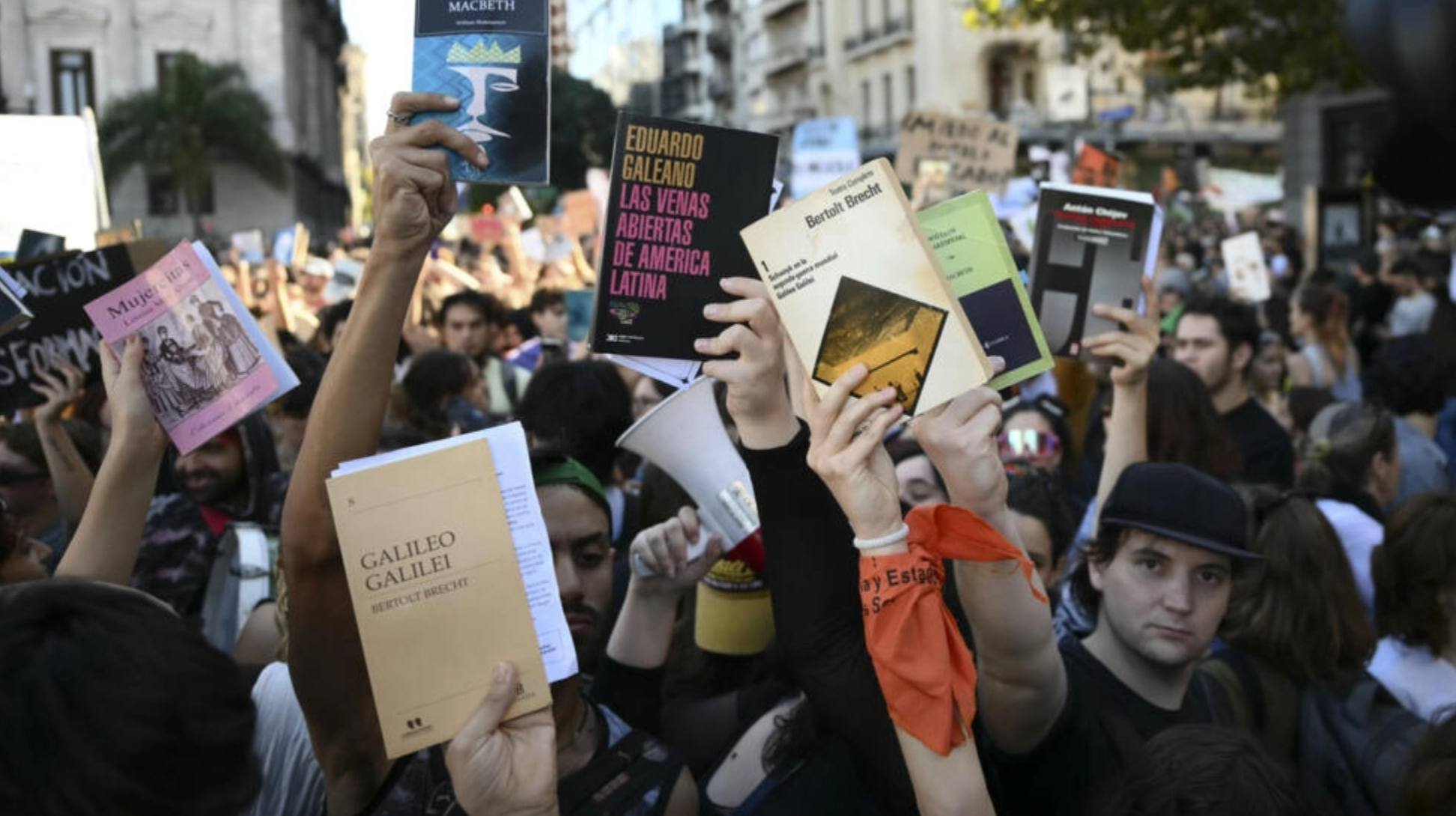The protests in Argentina, led by students, professors, and supporters of public education, have erupted in response to austerity measures introduced by President Milei’s administration. With the aim of slashing public spending and reducing the budget deficit, Milei’s government has implemented cuts to subsidies and public services, resulting in significant economic hardship for many citizens.
The demonstrations, which have drawn hundreds of thousands of participants across major cities like Buenos Aires and Cordoba, highlight the widespread concern over the government’s neglect of public education. Students and educators argue that the cuts to university funding jeopardize the accessibility and quality of higher education in Argentina.
Despite Milei’s recent concession to increase funding for public universities, concerns persist about the long-term sustainability of the education system. University leaders warn that without adequate financial support, institutions may be forced to shut down operations within a matter of months.
Milei’s criticism of public universities, suggesting mismanagement of funds and ideological bias, has further fueled tensions between the government and the education sector. While acknowledging the historical decline of Argentina’s public education system, critics argue that austerity measures exacerbate existing challenges and undermine the country’s commitment to accessible and equitable education.
As Argentina grapples with economic turmoil and soaring poverty rates, the debate over public spending priorities intensifies. While Milei heralds budget surpluses as a sign of economic progress, many argue that investing in education is essential for addressing systemic inequality and promoting social mobility.






0 Comments